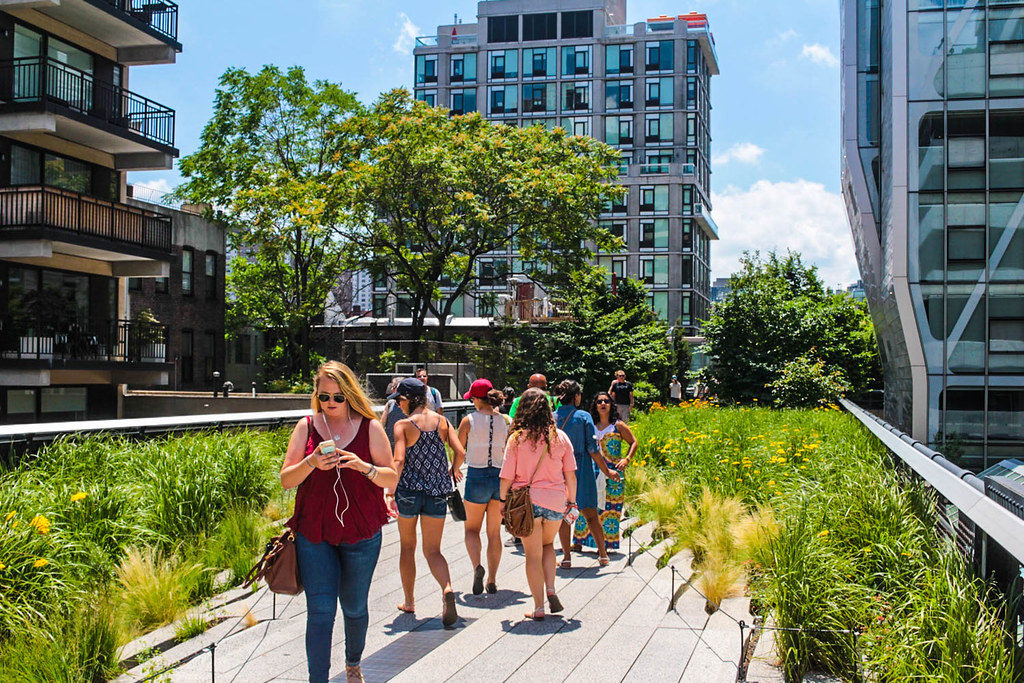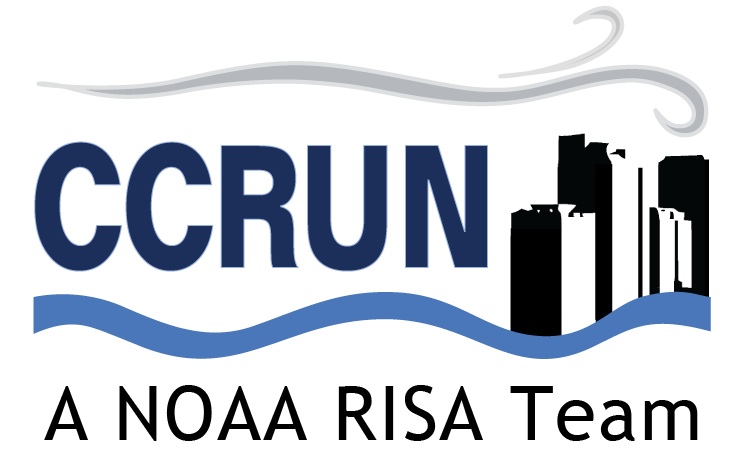CCRUN CROSS-CUTTING THEMES
Social Dimensions of Adaptation
An understanding of the social dimensions of climate change is critical for effective and equitable policy responses. CCRUN’s social science team focuses on the economic, policy, and environmental justice aspects of climate resiliency and adaptation in the Northeast. The cross-cutting theme builds on the climate tools produced by the sector teams to better understand how climate information is being used, and evaluate the economic value of this information to communities and other stakeholders. The team investigates effective approaches to resilience and adaptation and how they differ across contexts. The team also addresses broad questions related to the role of information networks (like RISA) in contributing to community resilience, effective toolkits for sharing climate information, and development of a framework for interaction between municipal government and environmental justice community-based organizations.

Current Research: The Macro-Adaptation Resiliency Toolkit
A demand exists for new models on how cities and communities can promote and achieve resilience. Current approaches to resilience often fail to address the core values of local populations, resulting in a ‘climate adaptation gap’ between climate change experts’ prescriptions and local populations’ needs. The Macro-Adaptation Resiliency Toolkit (MART), presented here, is designed to support communities or other similar entities and organizations as they examine the interplay between climate change and local quality of life.
Current Research: Community-Based Assessments of Adaptation and Equity
CCRUN researchers contributed to the Community-Based Adaptation chapter of the 2019 New York City Panel on Climate Change Report (NPCC). The chapter discusses climate risks for 3 communities within New York City as well as other cities in the Northeast. One neighborhood and Community Based Organization in Brooklyn, the Bronx, and Manhattan was featured, and the chapter analyzes the different factors, such as environmental pollution, health stressors, and gentrification pressures, that may cause vulnerability to differ across the city.
Other Projects:
- The socio-economic value of climate information and information networks
- Enabling coastal communities get better knowledge about
- Enabling adaptation to coastal flooding in urban communities
- Workshops with coastal communities
Selected publications:
Foster, S., Leichenko, R., Nguyen, K. H., Blake, R., Kunreuther, H., Madajewicz, M., … Ravenborg, D. (2019). New York City Panel on Climate Change 2019 Report Chapter 6: Community-Based Assessments of Adaptation and Equity. Annals of the New York Academy of Sciences, 1439(1), 126–173. https://doi.org/10.1111/nyas.14009
Friedman, E., Breitzer, R., & Solecki, W. (2019). Communicating extreme event policy windows: Discourses on Hurricane Sandy and policy change in Boston and New York City.
Key Stakeholders:
New York City Mayor’s Office of Resilience
NYC Department of City Planning
NYC Office of Emergency Management
Rockaway Initiative for Sustainability and Equity
Science and Resilience Institute for Jamaica Bay
Waterfront Alliance
Contact:
Dr. William Solecki
Dr. Malgosia Madajewicz
